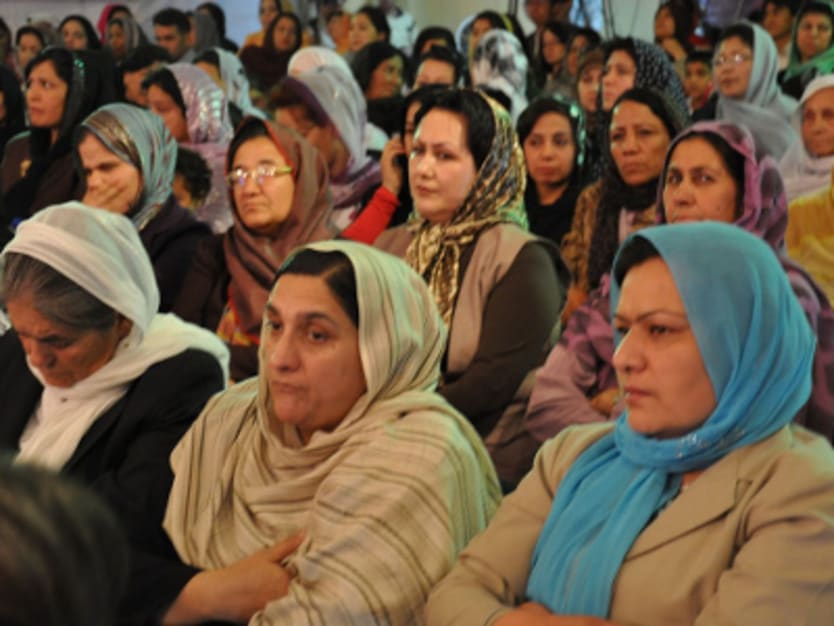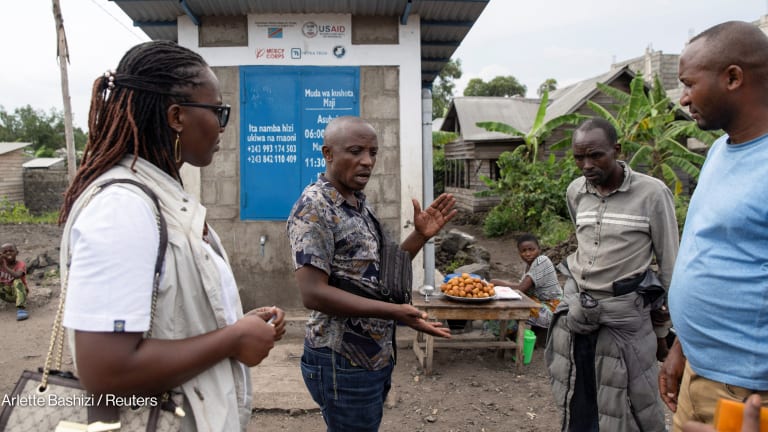
The U.S. Agency for International Development has overhauled a $140 million land reform initiative in Afghanistan, stripping the program of specific goals related to women’s rights and replacing these with more general requirements, such as the mere provision of “summaries of input from women’s groups.”
The removal of the specific goals signals a shift in USAID’s strategy on women’s rights in Afghanistan, from the pursuit of ambitious goals toward improving gender equality to more attainable measures, according to officials.
“If you’re targeting an issue, you need to target it in a way you can achieve those objectives,” the Washington Post quotes J. Alexander Thier, director of USAID’s Office of Afghanistan and Pakistan Affairs. “The women’s issue is one where we need hardheaded realism. There are things we can do, and do well. But if we become unrealistic and overfocused… we get ourselves in trouble.”
The changes made to the land program are also linked to some key Obama administration officials’ desire to focus on broader priorites, such as ending the conflict in the country, according to a senior U.S. official who requested anonymity.
“Gender issues are going to have to take a back seat to other priorities,” the Washington Post quotes the official. “There’s no way we can be successful if we maintain every special interest and pet project. All those pet rocks in our rucksack were taking us down.”
Meantime, USAID said that despite the changes implemented in the land reform program, it is not backing down on its assistance for Afghan women. The agency has issued a new strategy calling for the incorporation of aid to women in all its programs in Afghanistan, the Washington Post says.
The shift in USAID’s strategy on women’s rights in the country comes as some local and international groups raise concern over planned legislation in Afghanistan, including the government’s proposal to put all women shelters in the country under its control.
USAID Deputy Administrator Don Steinberg and leaders of key U.S.-based women’s groups are set to talk about gender issues and U.S. foreign policy in a discussion in Washington D.C. on March 8, International Women’s Day.
Read more about U.S. development aid.








